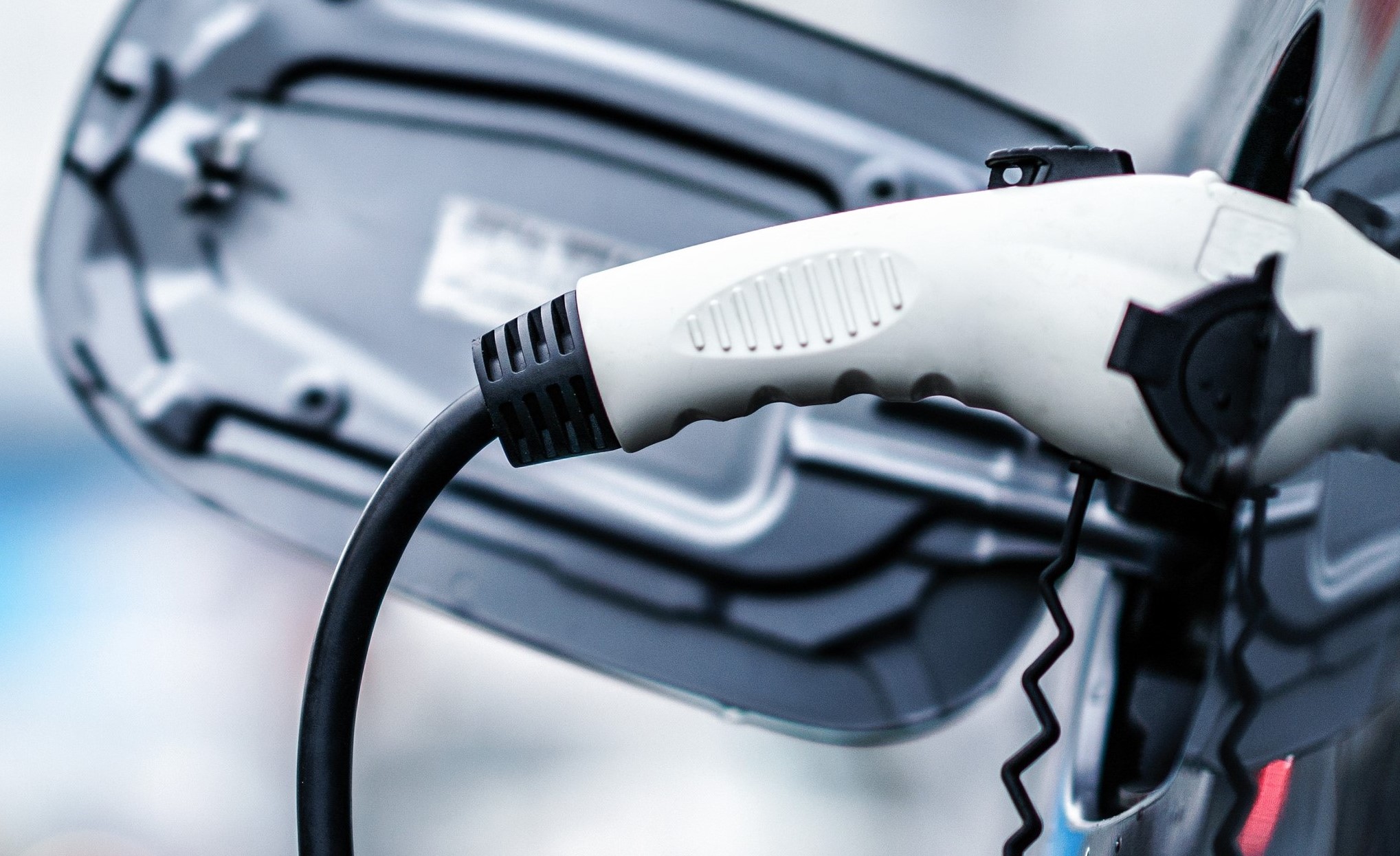A key benefit for drivers of electric vehicles is plugging in at home, so they can rest and recharge while their car or van does too.
But is there a hidden cost to the convenience of not having to visit a filling station?
Recharging at home can present challenges for both drivers and businesses if it isn’t managed properly.
Unlike a petrol pump, it can be much harder to keep track of recharging costs, particularly as there is a disconnect between the way electricity costs are calculated and the frequency of pay and reclaim arrangements for business use.
Typically, a driver will claim for business mileage expenses every month, but electricity is normally billed on a quarterly basis.
Without careful control, a driver may find their monthly claims are absorbed into everyday spending, only for them to be presented with a significant energy bill at the end of the quarter, with no funds to clear it.
This problem is especially frustrating for van drivers who have switched to an EV as part of a company electrification policy. The van is a work tool, which they are recharging so the company can do business. There is no benefit to the van driver – unlike a company car driver of an EV – so they are likely to resent any cost or disruption caused by unexpected charges.
Furthermore, the driver might not have the best tariff, something that is especially concerning with electricity bills set to rise to record levels.
This is a growing problem as commercial vehicle fleets electrify, and it requires a different approach to reimbursement.
TMC already has a wealth of experience in managing mileage payments and cost control, which we have deployed to help businesses, fleet managers and drivers during EV adoption.
We can take a direct feed of domestic charging data to power the reimbursement journey and avoid drivers facing unexpected bills.
Drivers simply provide details of their home energy supplier and tariff, then we take a feed from home charge points. Drivers can provide their own charging data, but a direct feed is quicker and simpler.
We then calculate what is owed to the driver and reimburse their energy supplier directly, avoiding any risk of unexpected bills.
This ‘hands-free’ approach to reimbursement cuts administration and also prevents problems that could damage employee relations at a challenging time when drivers are already being asked to adapt to new technology.
Telematics can also simplify the reimbursement process, particularly for commercial vehicles that are recharged at home, but have no private use.
If drivers provide details of their energy supplier, tariff, and home postcode, we can then overlay telematics data to match charging events at home. We can then pay the energy costs directly to the home energy provider, or organise reimbursement.
A direct payment approach can also help to avoid potential clashes over pence-per-mile reimbursement rates, where drivers may argue payments are inadequate to cover their particular fuel tariff. For example, there are concerns that the government’s Advisory Electric Rate, currently five pence per mile, is not keeping pace with rising energy costs.
Where there is a mix of business and private use, accurately recording business mileage is the foundation of any process; drivers can record their journeys on the go via the TMC app, by using our online system or we can take a telematics feed.
This data can then be linked to charging costs. TMC’s extensive experience with auditing business journeys for fleets of all sizes is then used to manage the complexities of accurate reimbursement and fuel cost management.
Whichever method is used, companies must not charge into charging without being prepared.
Make sure you get the processes in place first, ideally before introducing electric vehicles, then monitor costs closely and ensure you support drivers through the transition.
Every business will have its own unique way of approaching the switch to electric vehicles, but careful preparation is essential to ensure the convenience of charging from home doesn’t lead to unexpected costs.
Next steps
Discuss your recharging requirements and a best practice approach to reimbursement with TMC’s multi-award-winning team.


